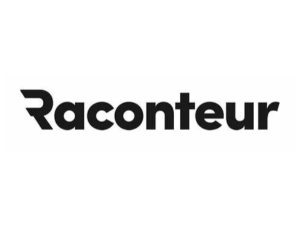Ethical investment: how green is your money and how to invest it

Do you buy free-range eggs and organic meat, but never question whether your pension is funding factory farming? If so, it might be time to think about whether your money choices should be as ethical as your shopping basket.
New research from Triodos shows that the Covid-19 pandemic has made us more conscious of wanting to invest ethically, not less. The bank says awareness impact investing is higher than ever, with more than a fifth of investors saying Covid-19 is motivating them to explore investing in sustainable funds.
Nearly four in ten (39 per cent) Brits think ethical investments are the key to addressing the climate issues to avoid future pandemics.
‘It’s clear that many people want a green and fair recovery and are prepared to invest in making it a reality,’ says Gareth Griffiths, Triodos’s head of retail banking. ‘We hope that as society recovers, more people choose to support companies that are prioritising the environment and behaving responsibly to help create a better future for all.’
Whether you are just starting out in investment, or already have stocks and shares ISAs, pensions or other investments, ensuring your nest egg is sustainable can be daunting. So many different types of investments are called ‘green’, ‘ethical’ or ‘sustainable’, and there’s currently no one standard they all adhere to.
Amy Clarke, chief impact officer at Tribe, Britain’s first wealth manager aimed entirely at impact investing, acknowledges it is difficult to find your way through all the labels on so-called green funds.
‘It is an alphabet soup out there, and that makes it difficult for people to invest in the values and the things they care about,’ she says. However, she says investing in companies that are able to generate returns without harming the planet ‘is just good investment sense’.




